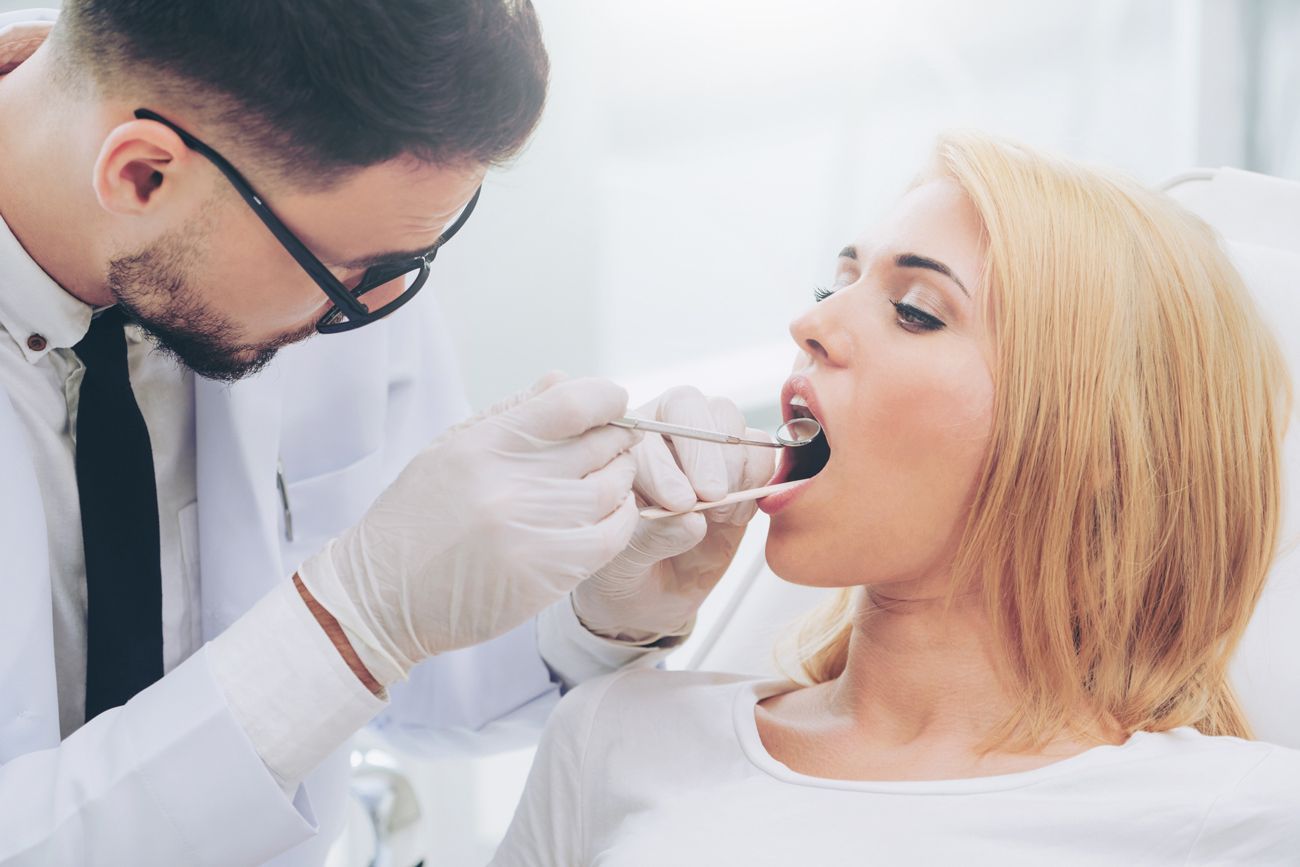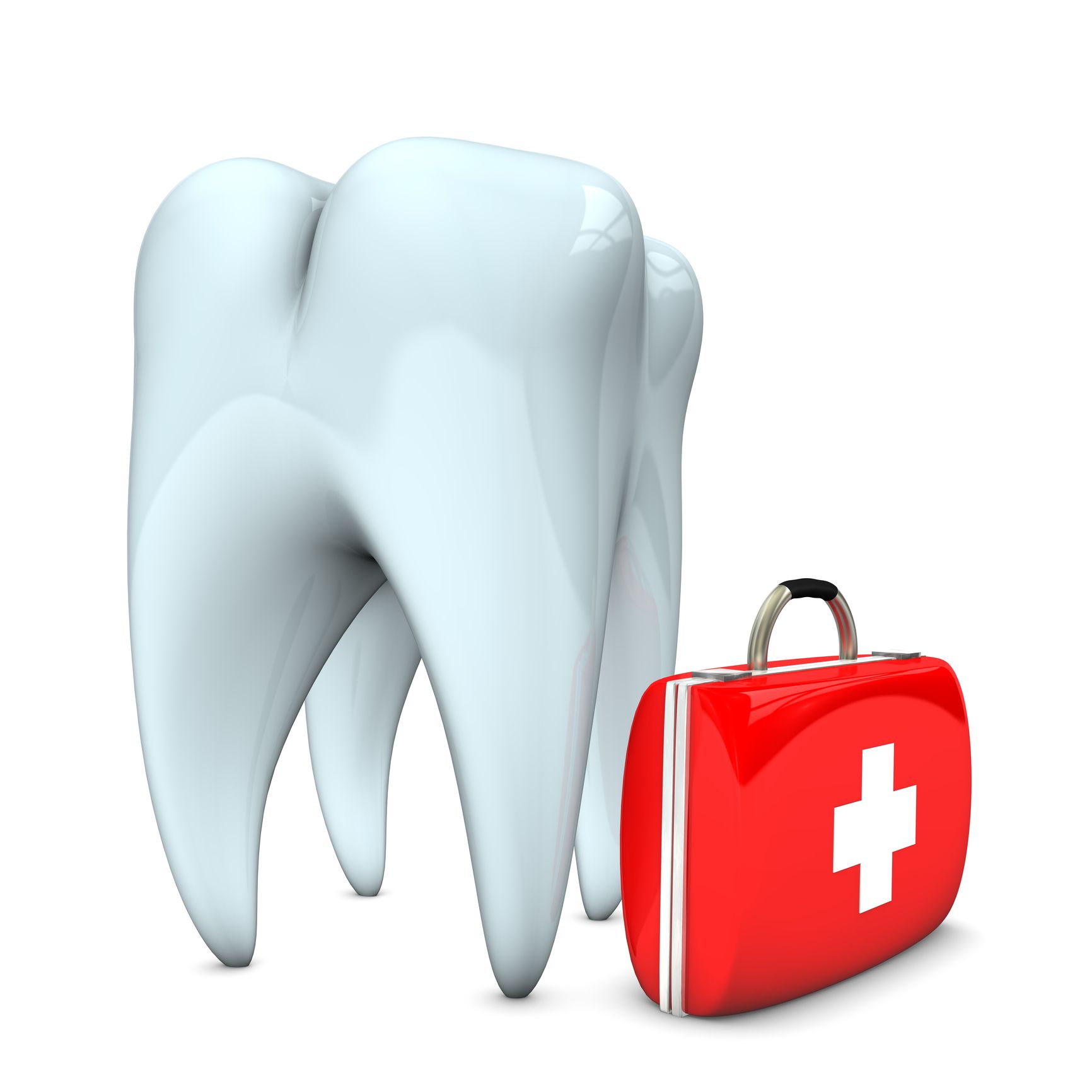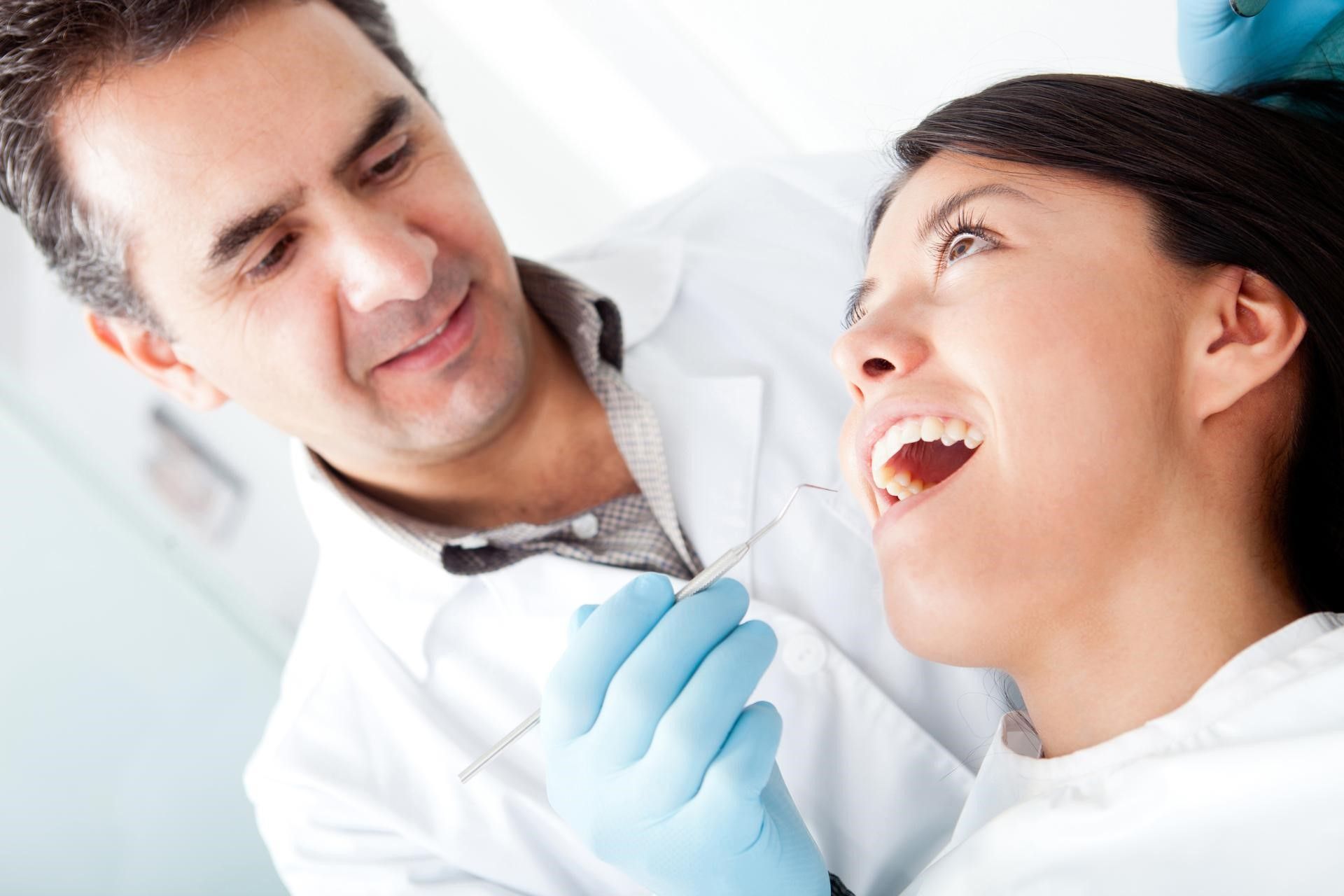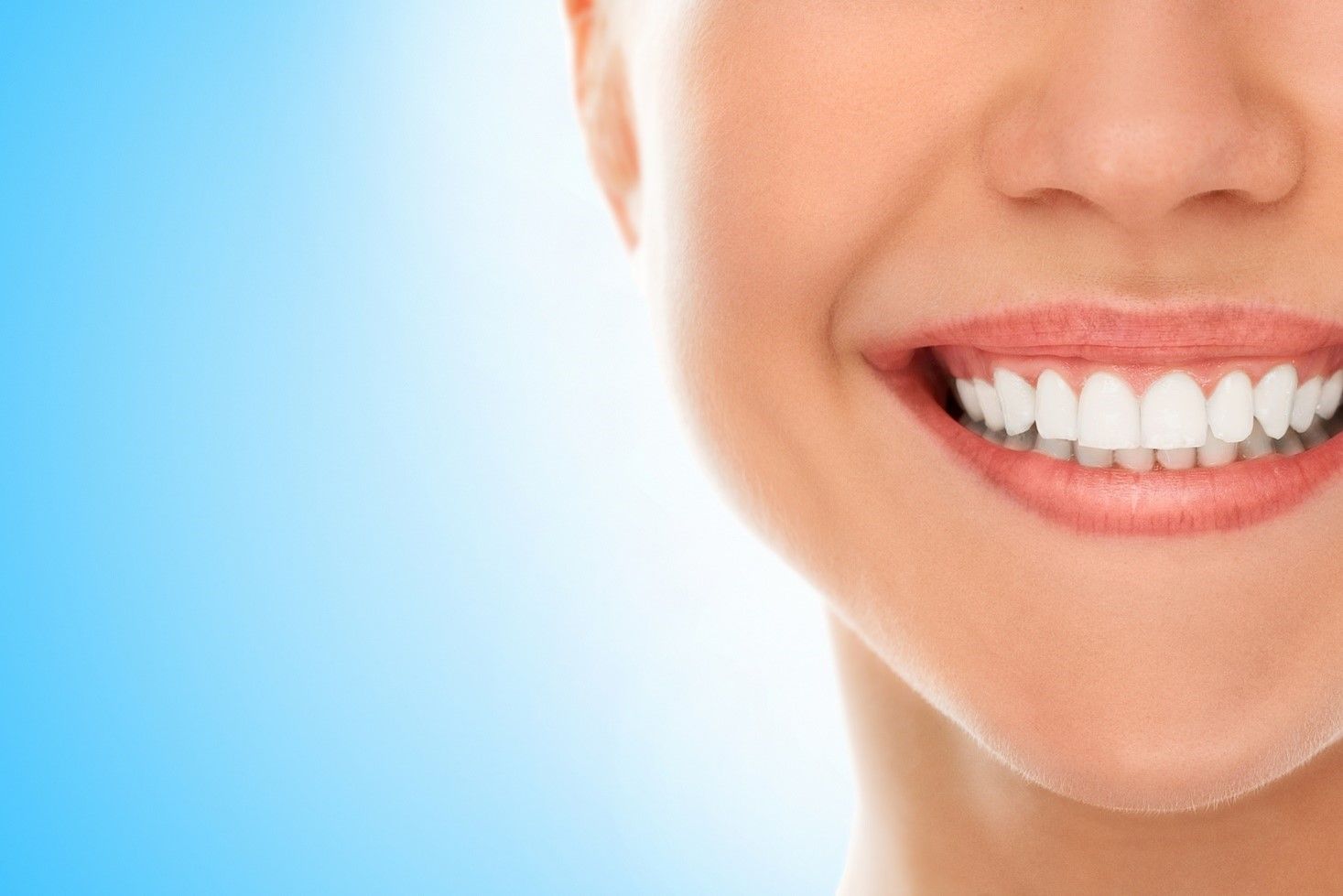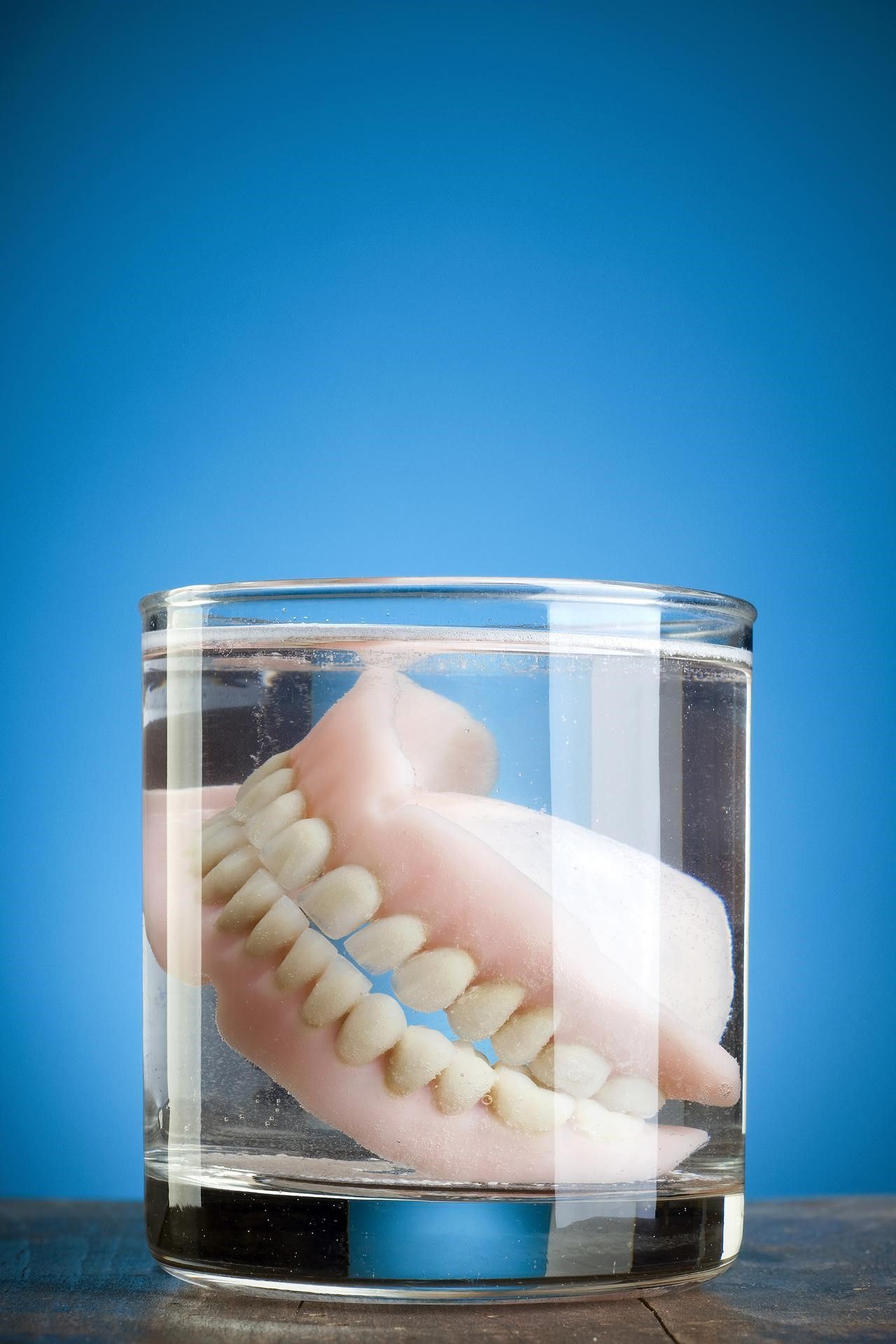5 Things to Know About Teeth Shifting
Admin • July 28, 2020
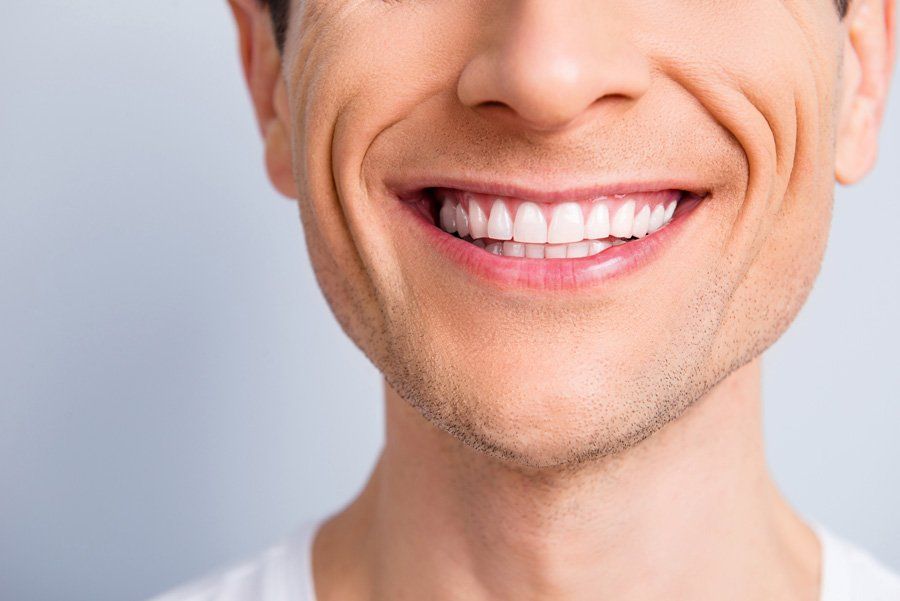
A healthy mouthful of straight, evenly-spaced teeth can prove more difficult to maintain than you might suppose. A tooth attaches to its socket in the jaw via a collagen-based fibrous joint called a gomphosis. This arrangement gives teeth a surprising degree of mobility that permits them to shift position in the mouth.
Whether you have noticed changes in your tooth spacing or you just want to watch out for such developments in the future, it pays to know how and why teeth shifting occurs and what you might do to minimize it. Here are five things to keep in mind as you keep an eye on your smile.
1. Teeth Shift Naturally Over Time
As your body grows and your jawbone changes configuration, your teeth will naturally shift over the years. While you might expect this phenomenon to occur in growing children, it also affects adults. With age, a process known as mesial drift causes the teeth to move forward in the jawbone, toward the center of the face.
This tendency may have developed as a compensation for regular tooth loss in prehistoric humans. As dental care advanced, people kept more of their teeth even as they lived longer. As a result, older individuals often experience tooth crowding and misalignment, especially in the lower row of teeth.
2. Bruxism and Teeth Shifting Go Together
Bruxism (compulsive or unconscious clenching or grinding of the teeth) can play a role in teeth shifting. The constant application of force on chewing surfaces can cause molars to shift their position, which in turn places stress on surrounding teeth. Jaw soreness or other symptoms may accompany bruxism-related shifting.
Nightguard usage and stress relief techniques may help control bruxism. If you wear a nightguard to help protect your teeth against bruxism, bear in mind that an ill-fitting night guard (such as a one-size-fits-all product) can actually make teeth shifting worse. A professionally-fitted night guard can prevent this complication.
3. Periodontal Disease Increases Tooth Mobility
Periodontal disease harms teeth in several ways. The presence of bacteria attracted to plaque and tartar causes inflammation in the gum tissue surrounding the teeth. As the periodontal pockets enlarge and ligaments holding them in place start to loosen, the teeth may grow more mobile and shift position.
Severe periodontal disease can lead to tooth loss. Your remaining teeth may then respond to the extra space in the jaw by shifting to fill the gap, which only creates larger spaces between each tooth. Early treatment can help you get periodontal disease under control before these changes occur.
4. Postural Choices Can Affect Teeth Shifting
How you prefer to sleep can actually have a significant effect on the spacing and alignment of your teeth. Teeth have more of a tendency to move during sleep in people who sleep on their stomachs. If you normally sleep in this position, try sleeping on your back or side instead to prevent teeth shifting.
Poor posture can allow teeth to shift during waking hours as well. This problem may occur in individuals who let their heads droop forward, a common occurrence in people who spend long hours staring down at computer monitors or smartphones. Pay attention to your head angle and make ergonomic changes as needed.
5. Straightened Teeth Can Still Shift
Many people with crooked or gapped teeth undergo orthodontic treatment to correct the problem. Unfortunately, your newly straightened teeth may still shift and possibly even resume their former misalignment pattern if you neglect to wear your retainer.
These shifts may take months or even years to become noticeable. Once they start to create problems, however, you may have no choice but to go through another round of orthodontic correction. You can avoid this scenario simply by wearing your retainer according to the orthodontist's recommendations.
Eastland & Professional Dental Center can help you protect, stabilize, and nurture your teeth so that they can maintain their optimal placement in your mouth. Contact our clinic
today to schedule a dental evaluation.
Have an infected tooth? Extracting it might seem the best choice. But that’s not the only option. Before you decide, think about the following questions.

